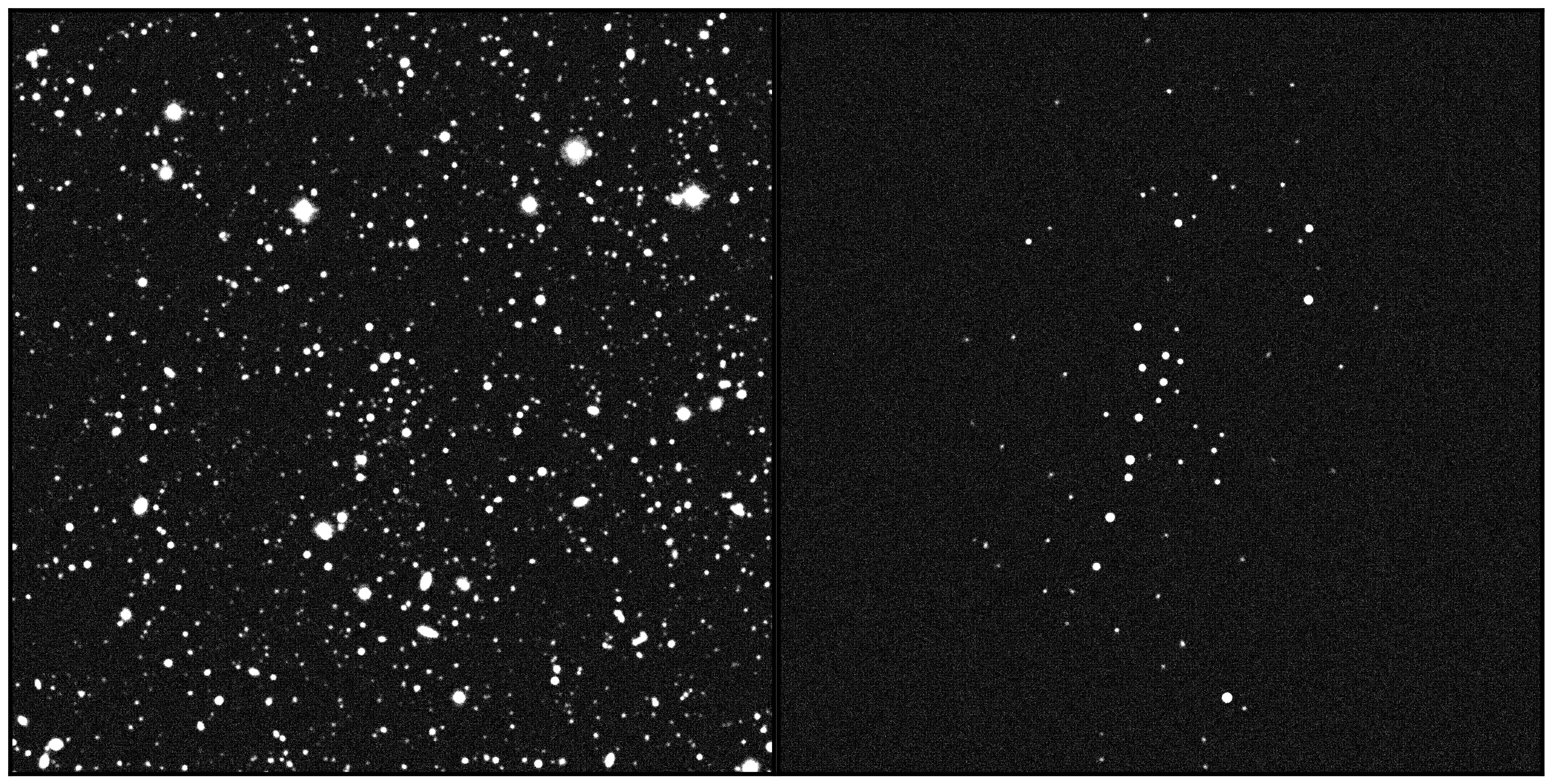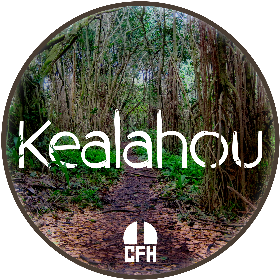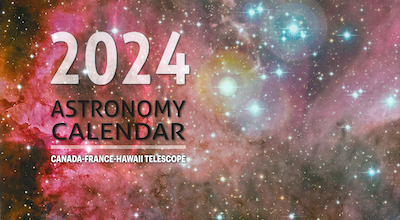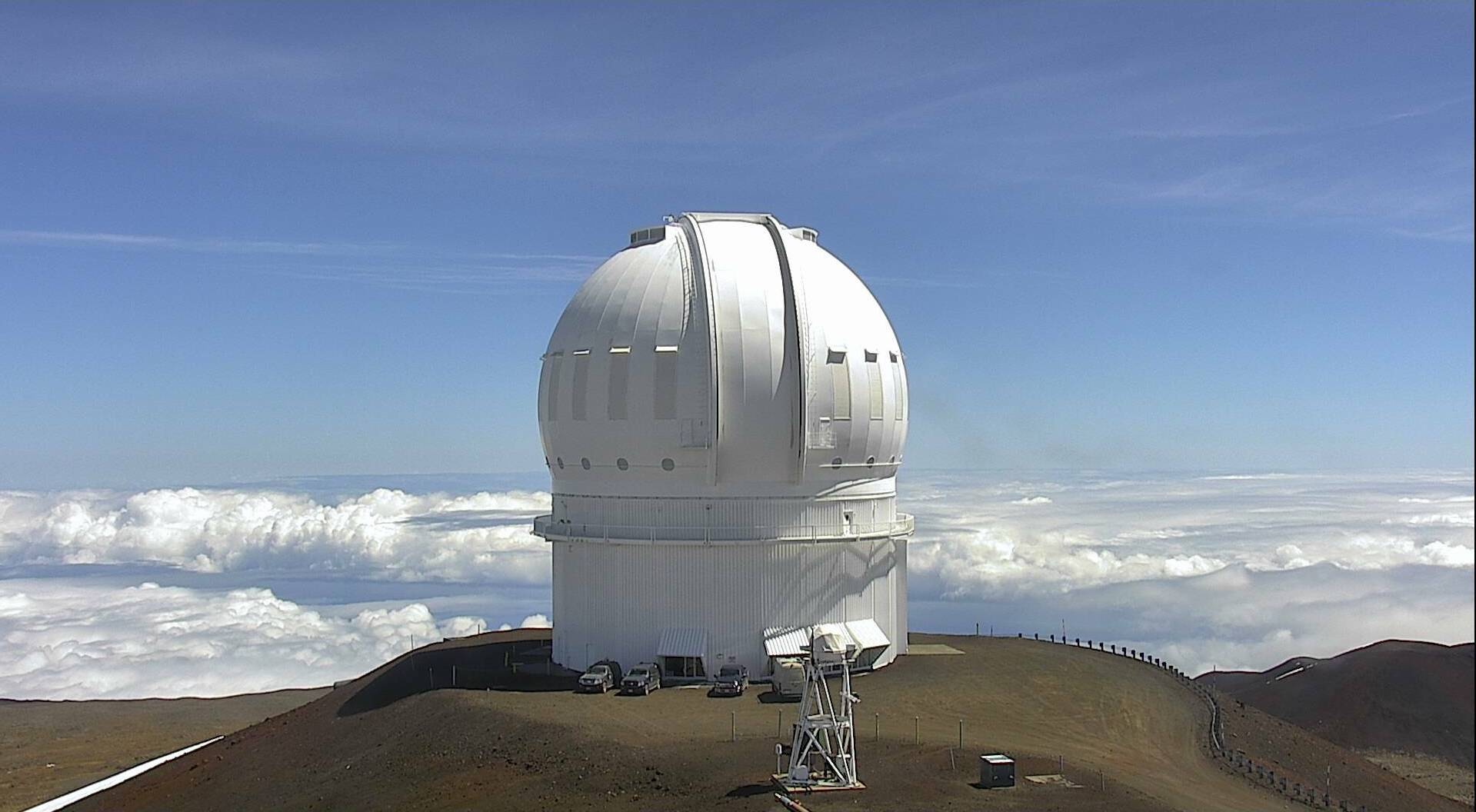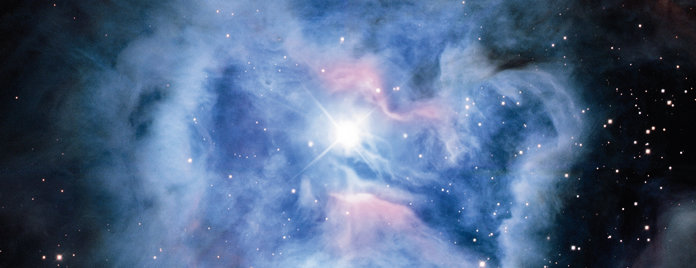
Scientific staff
CFHT's scientific staff is composed of resident astronomers, visiting astronomers, a QSO specialist, and remote observers. The science staff is involved in several of the scientific activities ongoing at CFHT.
Daily Science Activities
Observations The main scientific activity at CFHT consists of the execution of observations for the accepted science programs. This is done via Queue Scheduled Observing (QSO). Five instruments are available in the QSO mode.
- MegaCam,
a wide 1 degree field 0.18" pixels imager.
- WIRCam, a wide-field infrared
camera (20'x20', 0.3" pixels).
- ESPaDOnS, an Echelle
SpectroPolarimetric Device for high resolution spectroscopy and
polarimetry.
- SITELLE, an optical imaging Fourier
transform spectrometer (IFTS).
- SPIRou, a near-infrared
spectropolarimeter with high radial-velocity precision.
Large Programs
In addition to PI programs, CFHT is executing Large Programs. Three programs have been scheduled for semesters 2017A to 2019B: CFIS, the Canada-France Imaging Survey, VESTIGE: A Virgo Environmental Survey Tracing Ionised Gas Emission, and CIPP, the CFHT Infrared Parallax Program. For semesters 2018B to 2022A, two large programs are executed: SLS, the SPIRou Legacy Survey, and SIGNALS, the Star formation, Ionized Gas, and Nebular Abundances Legacy Survey.
In November 2018, the SAC issued a completion policy for all Large Programs started in 2017A and onward. Starting with a Large Program's mid-term review , a LP completion review will be triggered if a LP has an expected program completion below 80%, and/or SAC considers that the LP may not achieve the proposed science goals. If the review is favorable, the LP will be allocated time in future semesters in order to bring the program completion to at least 80%. Depending upon the available pool of future unallocated LP time (considering the maximum fraction for LPs set by the agencies), these allocations could be in semesters during and/or after the term.
Scientific results
Important results obtained from CFHT data are often covered in the News. Please visit the News section for our latest discoveries.CFHT data archive at CADC
Observations obtained with the Canada-France-Hawaii Telescope from February 1990 to the present are archived at the CADC. The CFHT archive at CADC allows searches by observation meta-data, such as object name and run ID, and presents the results of the search in a tabular format. Users can request and receive archival data and, for some imaging data, previews of CFHT data.
Development
Instrument development is also done at CFHT.
In November 2018, the SAC has issued has document related to the CFHT Technical Commissioning and Science Verification Policy and Procedures. This document establishes data policies for the release of data from Technical Commissioning and Science Verification phases performed for a new instrument.
- The MegaCam filter upgrade has been completed.
- SPIRou, a near-IR
spectropolarimeter and high-precision velocimeter, arrived in January 2018.
- GRACES, a link from Gemini to ESPaDonS, which has been successfully
commissioned in 2014, is offered by Gemini starting with semester 2015B.
- ngCFHT, now renamed MSE, is
a project for a new 10-m class telescope.
The scientific staff also participates in the development and maintenance of the different data reduction pipelines at CFHT in collaboration with the software group.
The scientific staff also participated in the Observatory Automation Project (OAP).
Research
CFHT astronomers conduct their own science projects and publish research papers. A few astronomers have written articles on various astronomical topics for the general public in the local North Hawaii News weekly magazine.
CFHT's astronomers organize and attend seminars presented on a semi-regular basis.
CFHT's library is a great source of information that includes a database of International Astronomy meetings and a core list of Astronomy books, both compiled by our former librarian. Important information on working at high altitude, and much more are also available.
Committees
- Reports from the Scientific Advisory Council (SAC) are available online.
- The Time Allocation Committees (French TAC and Canadian TAC) are responsible for allocating telescope time for their respective communities.




